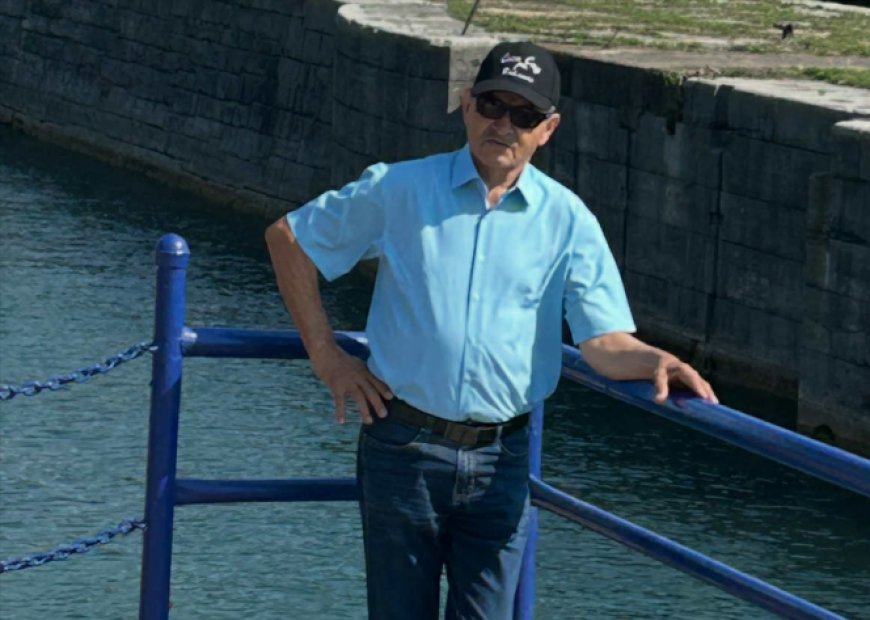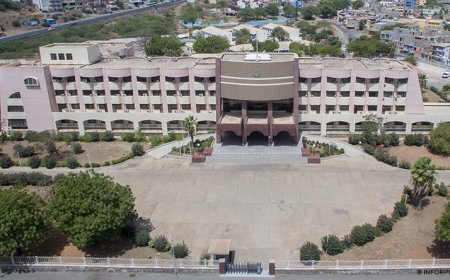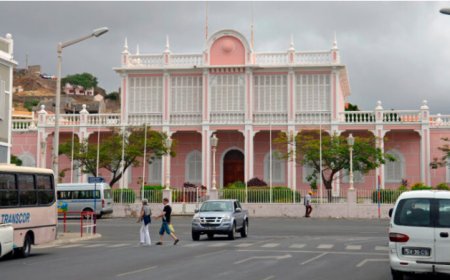João Spínola, from the Port of Dakar to the Greek ships, the Odyssey of Cape Verdean sailors towards Europe and the seas of the world
For much of the 20th century, thousands of Cape Verdeans found the sea as a way out of poverty and the lack of opportunities on the islands. Among them, João Spínola, a courageous man and pioneer, is remembered as a symbol of a generation that, from the Port of Dakar, set sail on Greek ships in search of a future. This maritime epic marked not only the lives of these individuals but also the destiny of Cape Verde and its diaspora spread throughout the world.

In the post-war period, when the economy of the Cape Verdean islands faced the harshness of drought and famine, the port of Dakar, Senegal, became a veritable gateway to the dreams of young sailors. Recruitment for foreign ships sailing to Europe and other international trade routes was concentrated there.
It was in this context that João Spínola, a native of Brava Island, Cape Verde, found his path. Dakar, a cosmopolitan city with intense maritime activity, was the place where hundreds of Cape Verdeans awaited an opportunity to embark. Shipping agents, often linked to Greek, Italian, and French companies, recruited men willing to face the dangers of the ocean in exchange for a salary and, above all, the opportunity to travel to Europe.
Greek shipowners, in particular, played a decisive role in this story. Known for their post-war expansion in maritime transport, they were the ones who most relied on Cape Verdean labor. Resilient, disciplined, and renowned as excellent sailors, Cape Verdeans earned a place on these vessels.
João Spínola was one of those who stood out on this journey. Aboard Greek cargo ships and oil tankers, he sailed oceans, weathered storms, and visited ports many of his compatriots only dreamed of. The harshness of life on board—long journeys, constant dangers, and months away from family—did not diminish his hope. Each voyage represented not only a salary, but the possibility of building savings, sending remittances, and eventually building a better life on dry land.
Spínola's epic is also the epic of a generation. From Dakar to Marseille, Piraeus, Rotterdam, Hamburg, Santos, Cape Town, Singapore, and New York, Cape Verdean sailors created an invisible network connecting the archipelago to the world's great ports. Many settled in Europe, especially the Netherlands, France, and Italy, forming the first migrant communities that would later serve as a support for new waves of emigrants.
But even for those who remained at sea, the bond with Cape Verde was never severed. Remittances sent by sailors supported entire families on the islands, financed traditional festivals, built homes, and helped create a nascent middle class in the archipelago.
Today, when one speaks of the Cape Verdean diaspora, the figure of the sailor occupies a place of honor. João Spínola symbolizes not only individual courage, but the determination of a people who have always known how to transform adversity into horizons. His odyssey, which began in the port of Dakar and continued on the decks of Greek ships, is also the memory of Cape Verde as a maritime nation.
The sea was the road, the school, and the hope for thousands of men who, like Spínola, chose to defy uncertainty to forge new paths. They carried Cape Verde in their hearts and brought the world to their islands. Today, the globalized diaspora and the Cape Verdean identity spread across the planet are direct fruits of this epic.























































